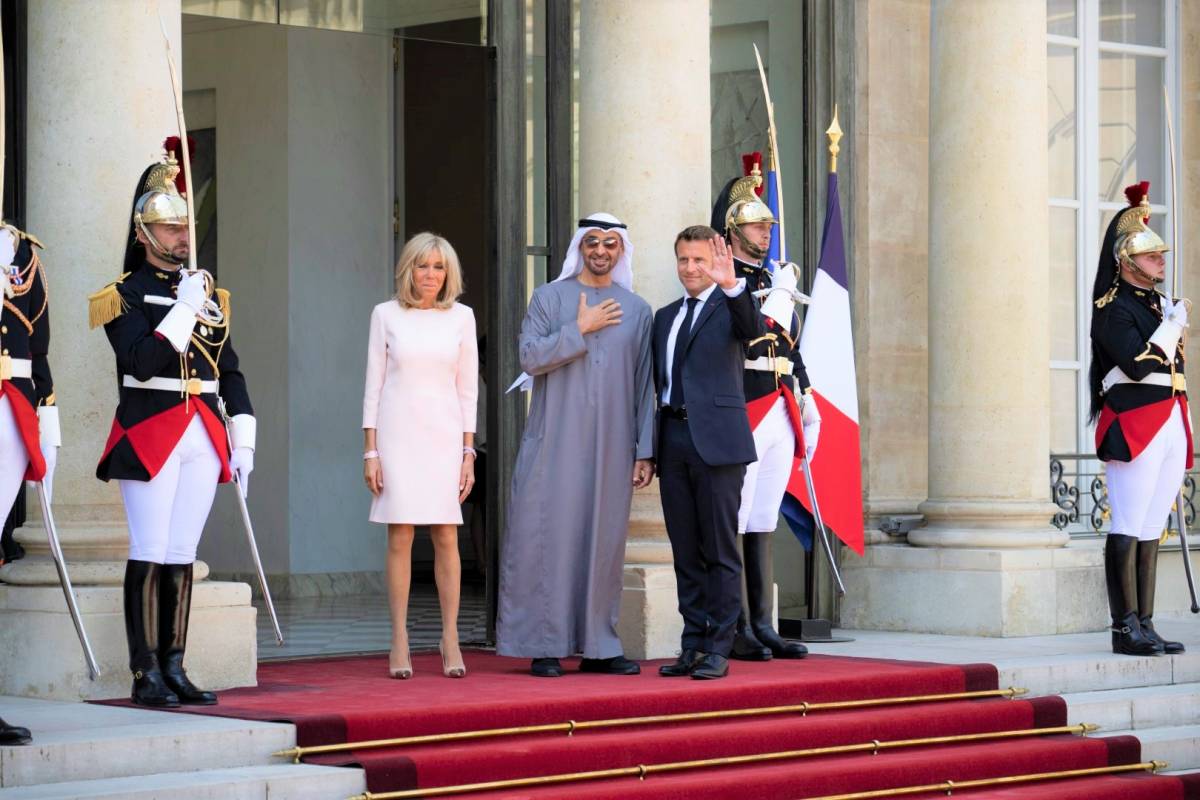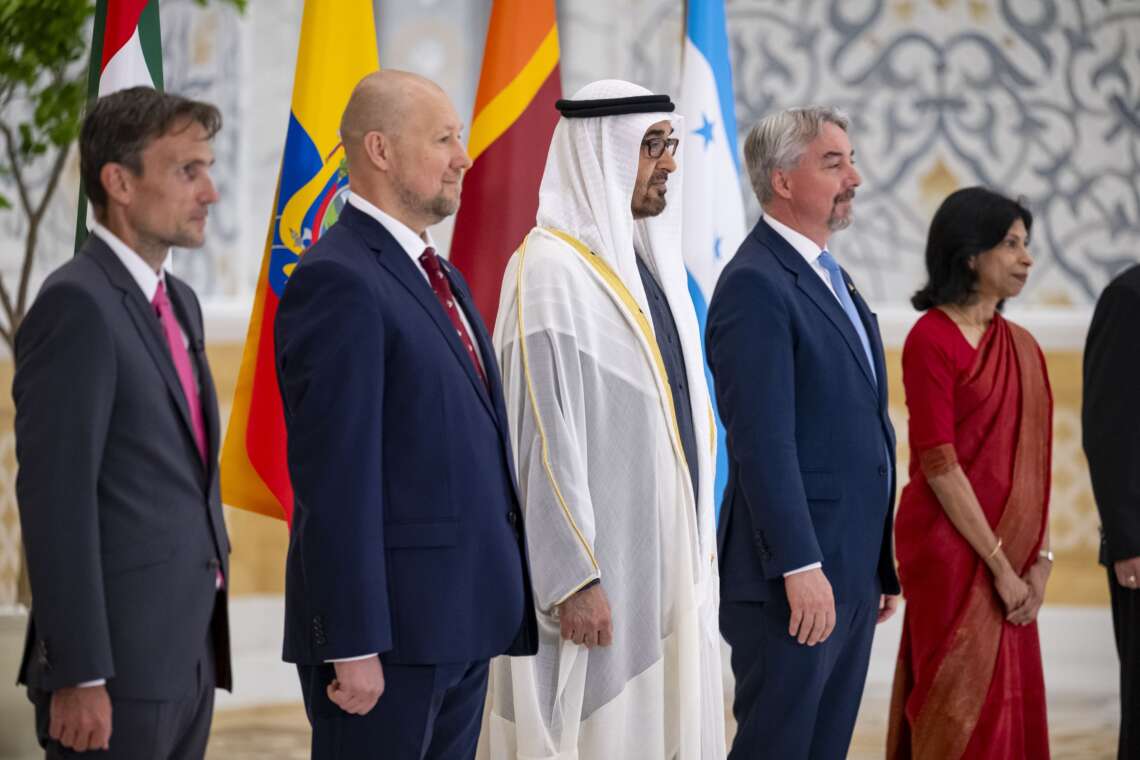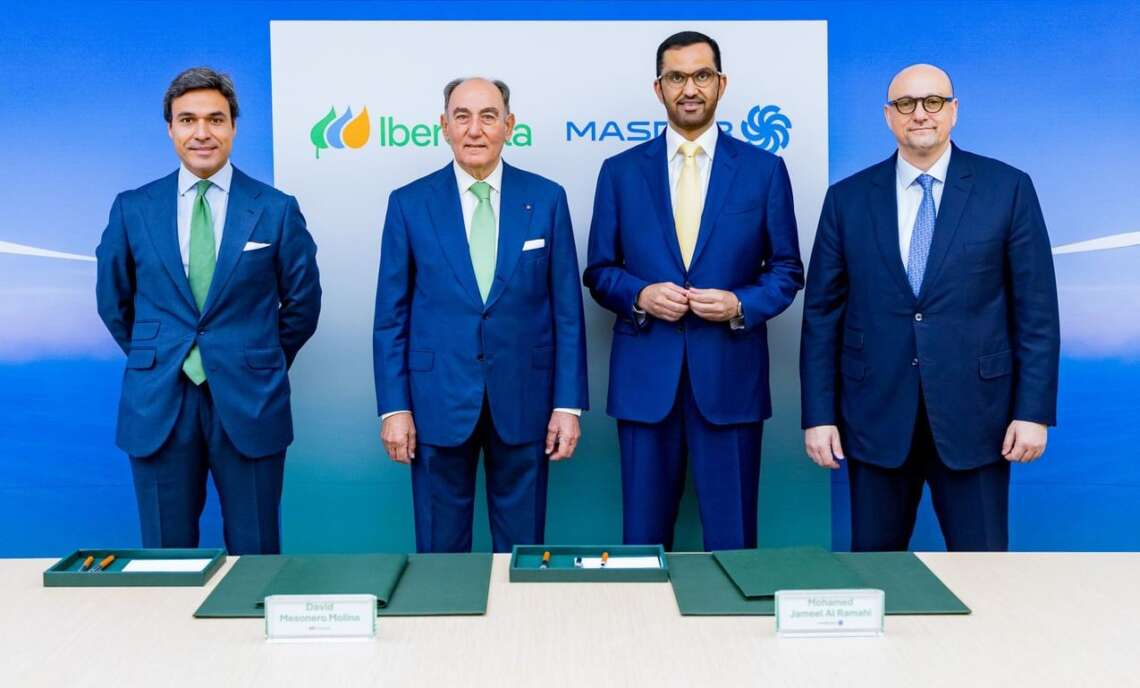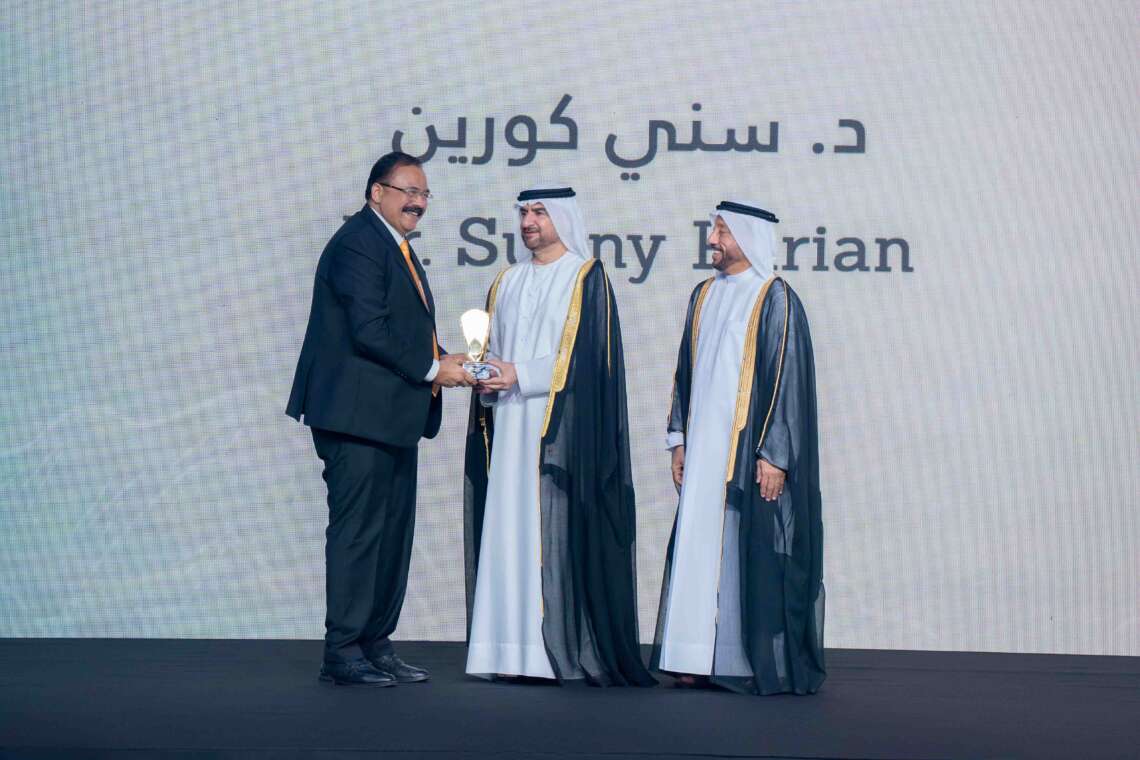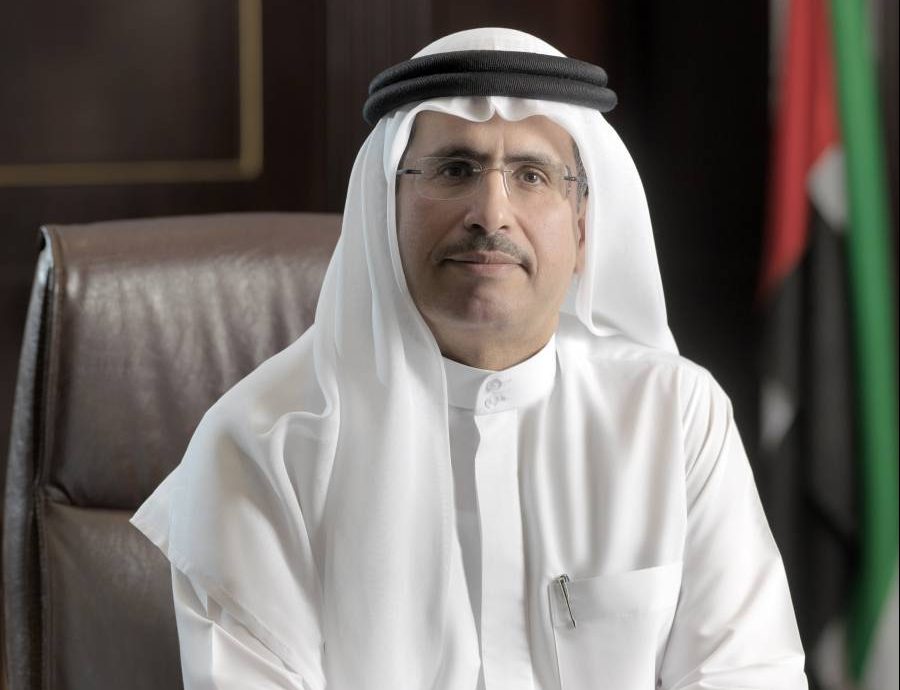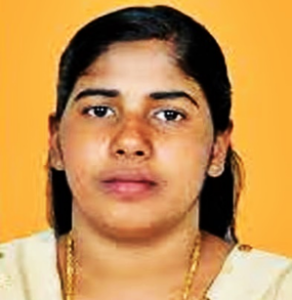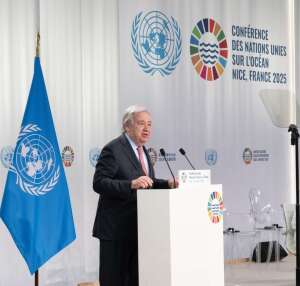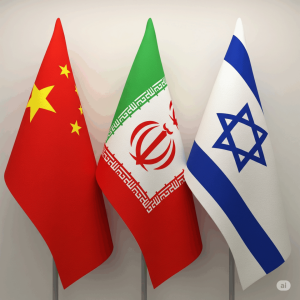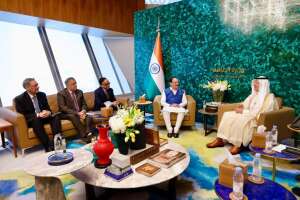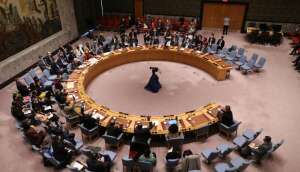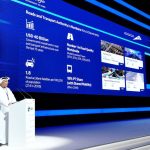The UAE-France CSEP focuses on enhancing energy security, energy affordability and decarbonisation, as well as progressive climate action ahead of COP28, reports Asian Lite Newsdesk
UAE President His Highness Sheikh Mohamed bin Zayed Al Nahyan and French President Emmanuel Macron witnessed the signing of two agreements during a historic visit of the former to Paris on Monday.
The first is a Comprehensive Strategic Energy Partnership (CSEP) between the United Arab Emirates (UAE) and France. The second is a strategic partnership agreement between ADNOC and TotalEnergies.
The UAE-France CSEP focuses on enhancing energy security, energy affordability and decarbonisation, as well as progressive climate action ahead of COP28 (28th Session of the Conference of the Parties) which is set to take place in the UAE in 2023.
The landmark partnership builds on the strong, close and long-standing bilateral relations between both countries and leverages the UAE’s position as a responsible and reliable supplier of energy. The UAE holds the sixth-largest crude oil reserves in the world and is committed to enabling global energy security.
Through a balanced and pragmatic approach to the energy transition, the UAE is expanding its crude oil production capacity to five million barrels per day while growing its global renewable energy capacity from 23 gigawatts (GW) to over 100GW by 2030.
The UAE is also investing over $50 billion in clean energy projects in six continents, including in 27 climate vulnerable island nations, through Masdar, the Abu Dhabi Future Energy Company, as well as other UAE platforms.
The agreement was signed by Dr. Sultan Ahmed Al Jaber, UAE Minister of Industry and Advanced Technology, Bruno Le Maire, French Minister of Economy, Finance, and Industrial and Digital Sovereignty, as well as Agnès Pannier-Runacher, French Minister of Energy Transition.
The UAE is represented by the Ministry of Industry and Advanced Technology and Abu Dhabi National Oil Company (ADNOC), while France is represented by the Ministry of Economy, Finances and Industrial & Digital Sovereignty, and the Ministry of Ecological Transition.
“France is a close, long-standing strategic partner of the UAE, and this Comprehensive Strategic Energy Partnership provides a robust platform for us to work together to better deliver secure, affordable and sustainable energy required to drive economic growth and prosperity for our countries and the world,” said Dr. Al Jaber.
“The landmark agreement deepens the cooperation between our countries across the energy value chain and unlocks technology and energy solutions that are good for the climate and the economy,” he added.
UAE is adopting a low-carbon pathway to a high-growth destination and is aiming to accelerate progress on this journey as hosts of COP28. The country was the first in the region to sign and ratify the Paris Agreement, the first to commit to an economy-wide reduction in emissions and the first to announce a Net Zero by 2050 Strategic Initiative, which it is leveraging as a catalyst for low-carbon growth, new technologies, new industries, new skills and new jobs.
Business Council
UAE Industry Minister Dr. Sultan Ahmed Al Jaber and Patrick Pouyanné, Chairman and CEO of TotalEnergies have launched the UAE-France Business Council, in the presence of French and UAE presidents, on the sidelines of an official banquet held at the Palace of Versailles.
The Council, chaired by Dr. Sultan Al Jaber and Patrick Pouyanné, aims to strengthen the economic relations between the two countries in the fields of energy, transport and investment.
Driven by both private sectors, the UAE-France Business Council is a testimony to the willingness that both countries display towards the reinforcement of their economic relationship. Its aims are to promote economic exchanges, to convey the voice of the UAE and French businesses to the highest public authorities as well as to identify and implement private cross-investment projects.
The Council comprises 18 CEOs from France and the UAE, selected for their interest in strengthening economic ties between the two countries.
Council members will meet at least once a year, in the presence of their respective ambassadors, alternating between the UAE and France. The next plenary session of the Council will be held in the UAE in May or June 2023.
To set up a concrete action plan for the strengthening of the UAE-France economic relationship, the Council created three working groups dedicated to energy, industry, technology, transportation, and investment. Each working group will make clear recommendations to foster economic exchange between the UAE and France in their respective fields.
ALSO READ-MBZ invites Turkmen Prez for UAE visit

